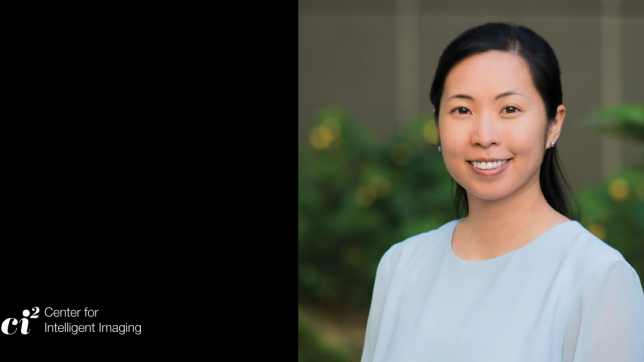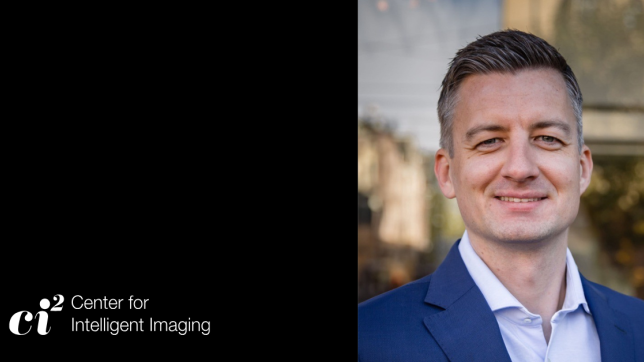In a recent review published in the Journal of Magnetic Resonance Imaging, a team from UC San Francisco's Center for Intelligent Imaging (ci2) was invited to examine an article titled "Reducing Gadolinium Contrast With Artificial Intelligence" by Brian Tsui, MD, Evan Calabrese, MD, PhD, Greg Zaharchuk, MD, PhD and Andreas M. Rauschecker, MD, PhD, which discusses the clinical uses, risks and machine learning methods used to reduce or eliminate gadolinium contrast administration.
The article's first author is Brian Tsui, a clinical instructor in neuroradiology at UCSF. Additional authors include Evan Calabrese, MD, PhD from Duke University, and Greg Zaharchuk, MD, PhD from Stanford University, both of whom are former graduates of the UCSF Department of Radiology & Biomedical Imaging residency and neuroradiology fellowship programs. Andreas M. Rauschecker, MD, PhD, co-director of the Center for Intelligent Imaging, is the senior author.
While gadolinium-based contrast agents (GBCA) provide essential information for clinical MRI scans, artificial intelligence methods may be useful for reducing or eliminating the need for these agents. The review covers several AI-based image enhancements including the use of convolutional neural networks (CNN) and generative adversarial networks (GAN) for situations where reducing or eliminating gadolinium contrast may be beneficial.
"Machine learning represents a novel and powerful solution to overcoming challenges with gadolinium contrast administration," the authors write. "With further improvements in algorithms and technology, machine learning may become more versatile and be applied in other pathologies."
To read more about news and recent research from UCSF Ci2, visit our blog.



